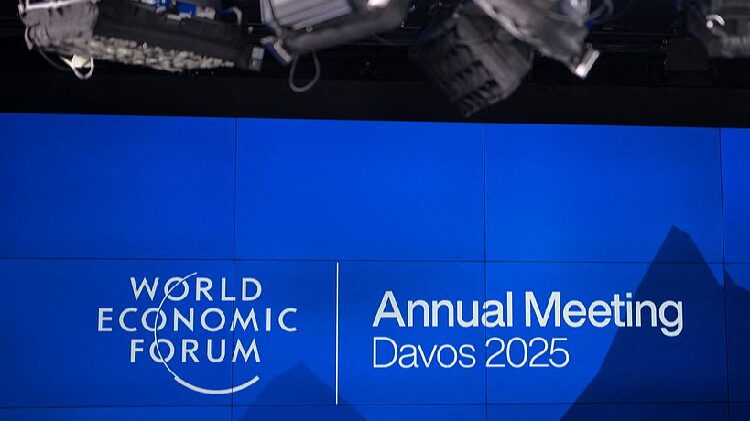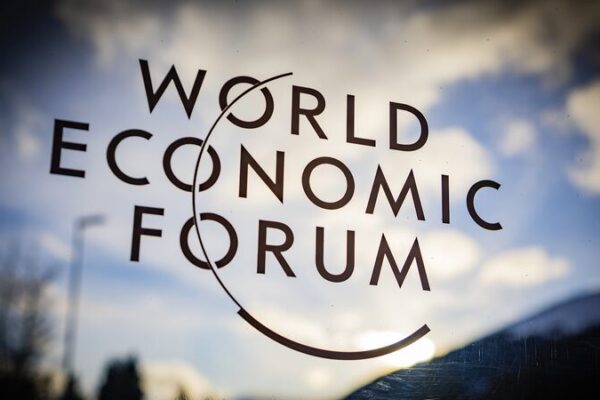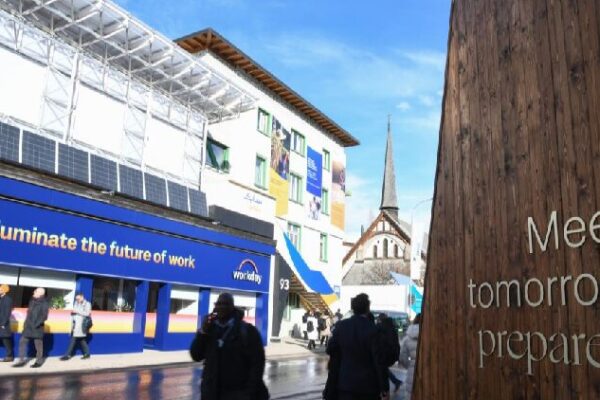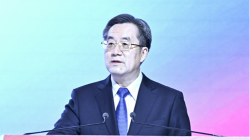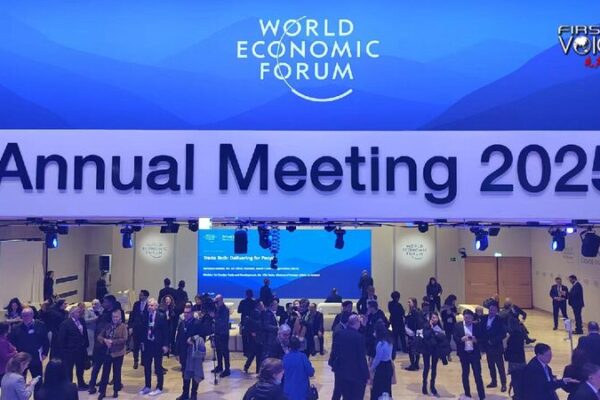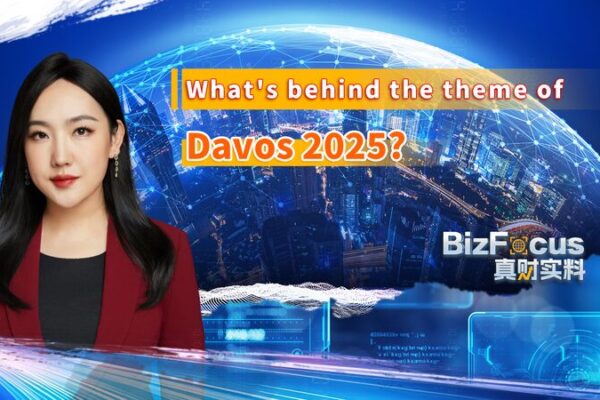The World Economic Forum (WEF) is gearing up for its annual meeting scheduled from January 20 to 24, 2025, in Davos, Switzerland. This global gathering is expected to bring together nearly 3,000 leaders from politics, academia, and business, including 60 heads of state and government.
Over the years, the WEF has been a catalyst for significant global dialogues and initiatives. In 1992, it was the stage for the first meeting outside South Africa between Nelson Mandela and F.W. de Klerk, symbolizing a turning point in the fight against apartheid. In 1998, amid a financial crisis, the idea of establishing a regular dialogue between developed and developing nations was conceived at Davos, eventually leading to the formation of the Group of 20 (G20).
The theme for Davos 2025 is “Collaborating for the Intelligent Age.” This focuses on how rapidly advancing technologies, such as quantum computing, biotechnology, and artificial intelligence, are transforming our world. These innovations hold the potential to improve productivity, raise living standards, and reduce poverty and inequality. However, they also present challenges that could deepen divisions if not managed responsibly.
The forum will center around five key priorities: “Rethinking Growth,” “Industries in the Intelligent Age,” “Investing in People,” “Safeguarding the Planet,” and “Rebuilding Trust.” Leaders will grapple with critical questions: How can we prevent fragmentation in a technologically advanced era? What role can innovation play in addressing crises like climate change? Can dialogue and responsible leadership foster equality and cooperation?
According to the WEF’s Global Risks Report 2025, the top three risks this year are state-led armed conflict, extreme weather events, and geoeconomic confrontations. The report, which gathered insights from over 900 experts, policymakers, and industry leaders, highlighted that 23 percent of respondents believe state-based armed conflict is the most likely trigger for a significant global crisis in 2025.
“Rising geopolitical tensions and a fracturing of trust are driving the global risk landscape,” stated Mirek Dusek, managing director of the WEF. “In this complex and dynamic context, leaders have a choice: to find ways to foster collaboration and resilience, or face compounding vulnerabilities.”
Environmental risks remain a significant concern. Experts have consistently been worried about ecological threats over the past decade. The report indicates that extreme weather, biodiversity loss, and ecosystem collapse are among the top long-term global risks. With 2024 confirmed as the first calendar year where average global temperatures exceeded 1.5 degrees Celsius above pre-industrial levels, the urgency to meet the commitments set by governments in the Paris Agreement has never been greater.
As we approach the 55th WEF, there is hope for fostering a more just and cooperative world. In an era marked by technological advancements and global challenges, the importance of open and honest dialogue cannot be overstated. Davos 2025 could be the platform where leaders make difficult yet necessary decisions to shape a better future for all.
Reference(s):
cgtn.com
